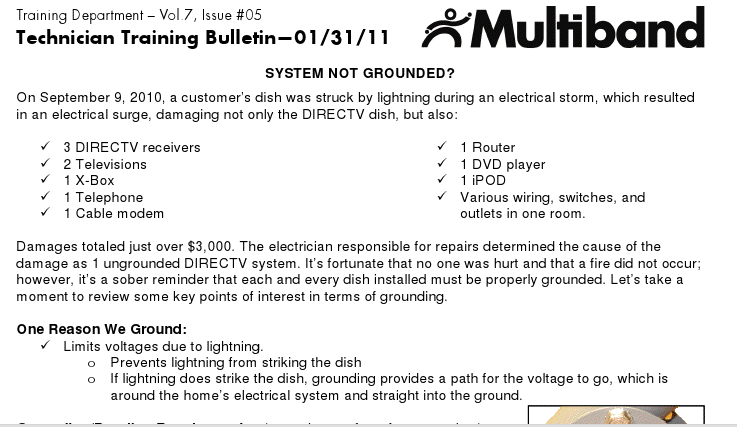Illinois.
I can't have the dish relocated. They used some kind of sticky sheet of tar to waterproof the dish on the roof. I don't want to have the dish removed, because that would leave holes in the roof, and that sticky tar is a bitch to remove.
Just leave the foot there. Take it off the next time you redo the roof. You said in the other thread you were going to do that ia few years anyway. Then have the system done right.


